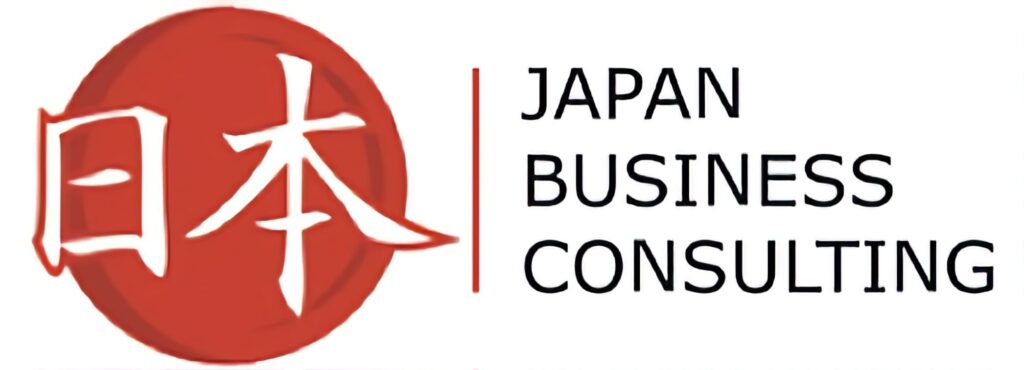How to find your Distributor in Japan
Written by Erich Ahorner

When you plan to enter the Japanese market, you should be well prepared.
Sounds pretty obvious. However, that doesn't prevent business people from doing the craziest things.
Don't rely on getting into business with the first Japanese businessperson you met on a plane or on a trade show. Amazingly, this random selection process happens more often than you might imagine.
Instead, use the trade promotion organizations from your home country and JETRO, the Japan External Trade Organization, to access possible business partners. They are neutral parties, with good contacts in Japan, and they will either already know who to approach or can help you create a target list.
You might be thinking, what would a bunch of bureaucrats know? Well, guess who they have working for them: a large number of Japanese industry specialists. These people have been
doing their jobs for years, and have built up terrific databases and personal connections, they might even have work experience in your target industry.
There are also private consultancies (like the website you are reading this on) that can help, and you should make use of them. Yes, you have to pay fees, but don't forget this is the third-largest economy in the world we are talking about, with an impenetrable language you cannot speak or read and business customs which are highly unique. Japan is a long-term play, so approach it that way and get the best match of partner you can get from the very start.
It is much harder to unwind a bad choice later.
Spend the money and time at the start and get the right business partner for Japan.
I have one strong piece of advice, having seen this go the wrong way in the past.
That guy you met on the plane or at a trade show works for a huge corporate, and you have dollar signs in your eyes. You imagine that you are going to flood the Japanese market with your products through this awesome new connection.
If we have a "Megacompany" as our distributor, we are going to be huge in Japan. Right?
..Maybe. But never, ever get into an exclusive arrangement, unless there are targets and milestones in that agreement which will let you out if the Japanese partner doesn't perform.
Some big companies fill go for exclusive distribution arrangements, because they want to freeze you out of the market, since you may disrupt their current distribution alliances.
Also, you don't have to go after the largest partners. Japan is a very big economy, and there are provincial cities which are very large economies in their own right.
So, you can find many players outside of Tokyo who are large enough to bring your products into
Japan.
Sometimes, this makes more sense when your production capacity may not be able to handle the needs of the whole country. You can also start in one local area and then add another, and another. This slow build allows you to gain valuable experience in the market without having to blow up your budget to develop the new business.
If you have the capacity to start your own distribution in Japan, look at that possibility carefully.
There are some advantages:
You will have much more control over the pricing, positioning in the market, branding, etc.
Over the past twenty years, we have seen many big retail brands go it alone without any local partners. The control element has been driving that desire to change the arrangements. Especially in a market like Japan where for distributors taking it safe is much more attractive than taking a risk to change a process.
One other good thing in Japan is that the infrastructure is incredible.
Internal shipping really benefits from the highways, bridges, amazing tunnels through mountains, ports, etc. The rail system is very well developed and there are many local airports.
Domestic transportation costs, however, can be expensive.
I remember that, from Yokohama, it was cheaper to ship a container to Hamburg, Germany, than to Niigata in northern Japan, just a few hundred kilometers away on
the coast of the Sea of Japan.
If you have deep pockets, you might look at that direct distribution approach yourself.
If not, then you have little choice but to use a Japanese distributor.
In most cases the staff working for your distributor will already have a range of products to sell apart from yours.
So, you need to think about how you can support them as they come to understand your product. You need them to like you, because these personal relationships make the difference between them introducing a buyer to your product or the other brands' products.
If you can do it, accompany the local distributor on visits to the top 20% of their buyers who represent 80% of sales. Go to them and say "Thank you for buying our product".
Sometimes, the Japanese distributor won't support that idea, because they worry you are
trying to cut them out. You have to emphasize that you want to support them and grow the business together.
Those on the receiving end of the visit will be touched, because nobody visits them to say thank you. Japan doesn't appear to be an emotional country, but it is sometimes surprisingly emotional in business, and little things like this count for a lot.
Even if it has become more difficult to visit Japan regularly to establish or keep personal
connections alive, you should think about methods to connect to your end customers and establish long lasting relationships.
Don't think that you can put everything on automatic pilot and forget about it, leaving everything up to the local distributor.
Even if you cannot come to Japan, you need to work closely with your distributor and their salesforce in particular.
Do you have questions about distribution in Japan?
Scedule a call here:

Erich Ahorner
Erich Ahorner helps people enter the Japanese market and grow their businesses. He is an expert at helping people with market entry using online and offline methods and trying to break down necessary steps to make things simple to understand. If you're interested in growing your business or entering a new market to and increase sales then definitely reach out and request a free strategy session today.
Menu
